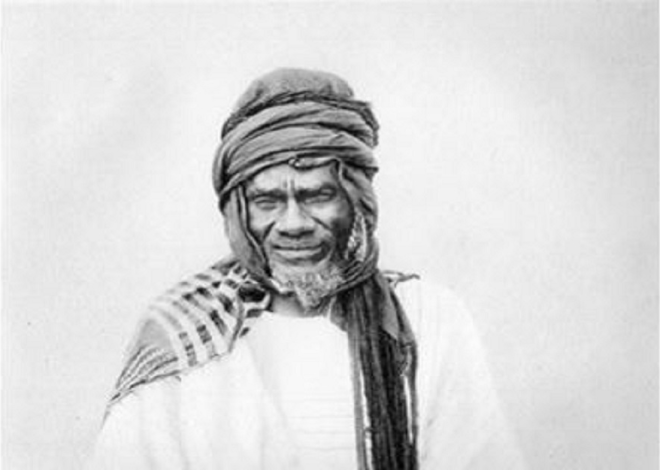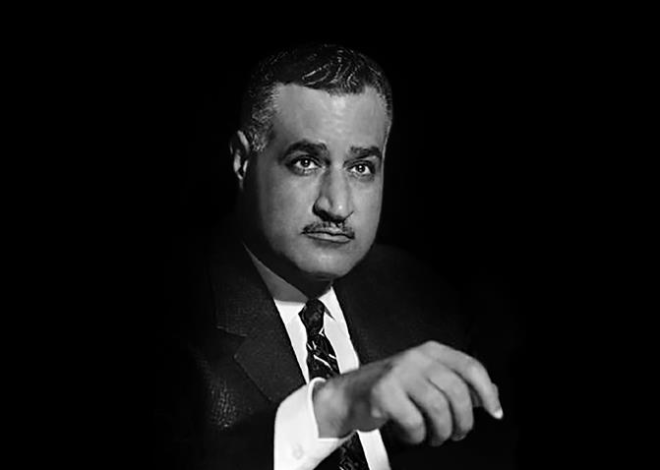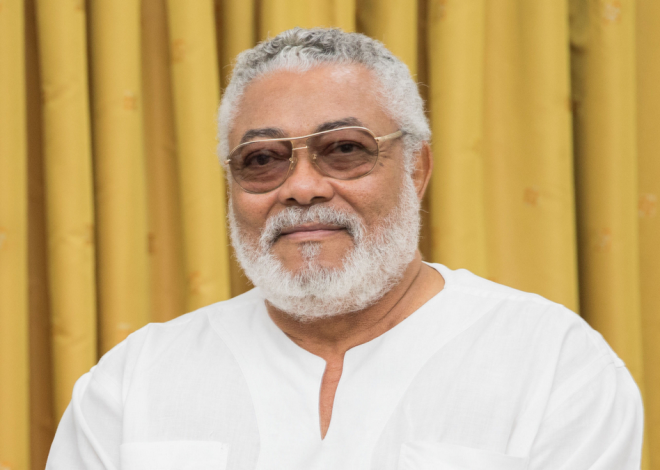
Kabaka Mwanga (1884-1898)
Kabaka Mwanga II, also known as King Mwanga II of Buganda, was a prominent figure in the history of the Buganda Kingdom in East Africa during the late 19th century.
Here is a detailed history of Kabaka Mwanga II:
Early Life and Ascension to the Throne:
- Kabaka Mwanga II was born in 1867 and was the son of Kabaka Muteesa I, a previous ruler of the Buganda Kingdom in what is now Uganda.
- He ascended to the throne as Kabaka (king) of Buganda in 1884 after the death of his father. He was quite young at the time, and his reign began at a time of great political change and external pressures.
Christianity and Islam in Buganda:
- During Kabaka Mwanga’s rule, Christian and Muslim missionaries began to establish a presence in Buganda. Initially, he was open to their influence, and some of his court officials converted to Christianity.
- However, the increasing influence of Christianity and Islam in Buganda, as well as tensions between the Christian and Muslim converts and traditionalists, led to political turmoil.
Religious Conflict and Persecution:
- Kabaka Mwanga became increasingly intolerant of the new religions, particularly Christianity, and the influence they were gaining over his subjects.
- In 1885, he ordered the execution of a group of Christian converts, which marked the beginning of a series of violent clashes between the Christian community and the Buganda Kingdom. Many Christians were martyred during this period.
Foreign Influence and Political Instability:
- Buganda was also under the influence of external powers, including Arab traders and the British. This added to the political complexity of the region.
- Kabaka Mwanga attempted to navigate these foreign pressures, sometimes cooperating with different external groups while at other times resisting their influence.
Deposition and Exile:
- Tensions within the Buganda Kingdom and resistance to Kabaka Mwanga’s rule led to a rebellion against him. In 1888, he was deposed from the throne and replaced by his brother, Kabaka Kiweewa.
- Mwanga went into exile, initially in the Tanzanian coastal region. He made multiple attempts to regain power in Buganda but was unsuccessful.
Return to Buganda and Death:
- In 1899, Kabaka Mwanga returned to Buganda with the support of the British colonial administration, which had gained influence in the region.
- He was reinstated as kabaka but was effectively a puppet ruler under British control. His rule was marked by subservience to the colonial administration.
- Kabaka Mwanga II passed away in 1903 under unclear circumstances. His death remains a subject of historical debate.
Legacy:
Kabaka Mwanga II’s reign is remembered for its religious conflicts, the persecution of Christians, and his complicated relationship with foreign powers. He remains a prominent figure in Buganda’s history, and his reign is often seen as a turning point in the kingdom’s political and religious landscape. Today, he is remembered as both a persecutor of Christians and a symbol of the complex dynamics of African societies during the colonial era.







